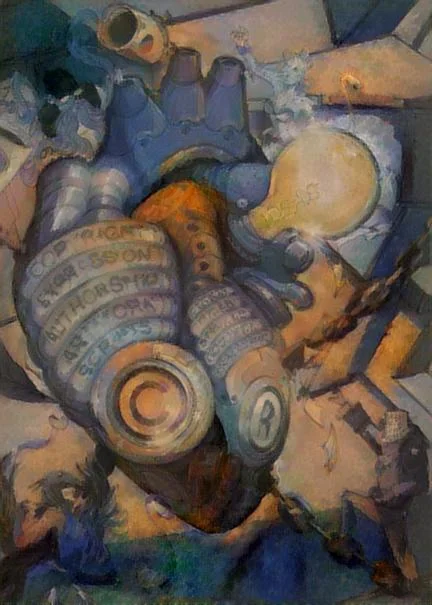A filmmaker who wants to make a movie using someone else’s script must buy the motion picture rights to that script in order to make the movie. However, a filmmaker won't want to buy a script unless she knows that she can get it made. After all, the filmmaker needs a little time to secure funding, interest actors, and hopefully, set up a distribution deal. But here's the rub -- the filmmaker can’t attach all those elements (financiers, talent, distributors) to the project unless she has the right to make the film from the screenplay.
This is where the option agreement comes in handy. An option agreement is a contract that gives the filmmaker the exclusive right to buy the screenplay copyright during a defined period of time for a specific amount of money.
Optioning and Selling the Screenplay
● Under U.S. copyright law, all screenplay sales, assignments, and transfers must be in writing to effectively transfer the copyright.
● Both sides in the transaction need to be especially careful that everybody understands which rights are granted and which rights are reserved.
● What is being purchased is the copyright to the screenplay. A producer must make sure that all the screenplay’s authors and contributors sign off on the deal.
● When you negotiate the exclusive right to buy (the option), you should also negotiate the sale (the purchase agreement).
For details on the deal points in an Option/Purchase Agreement, See The Pocket Lawyer for Filmmakers.
© 2017 Thomas A. Crowell, Esq.
Thomas A. Crowell, Esq. (tcrowell@lanesash.com) is a partner at the law firm of Lane Sash & Larrabee, LLP. He focuses his practice on intellectual property and media law.
NOT LEGAL ADVICE
